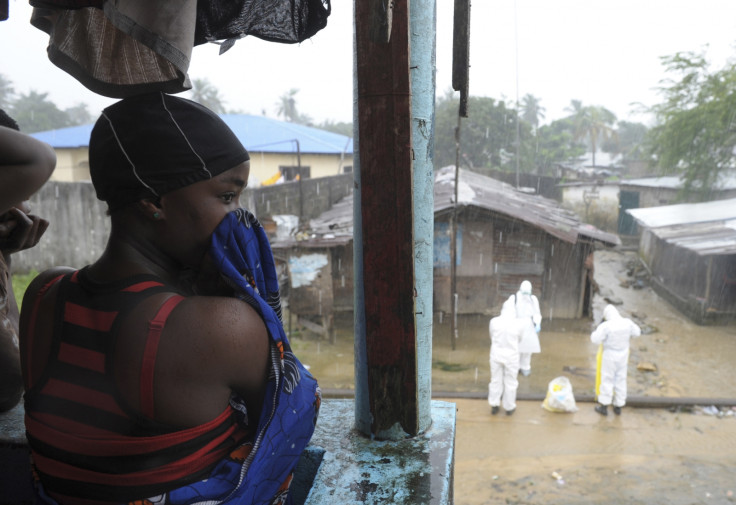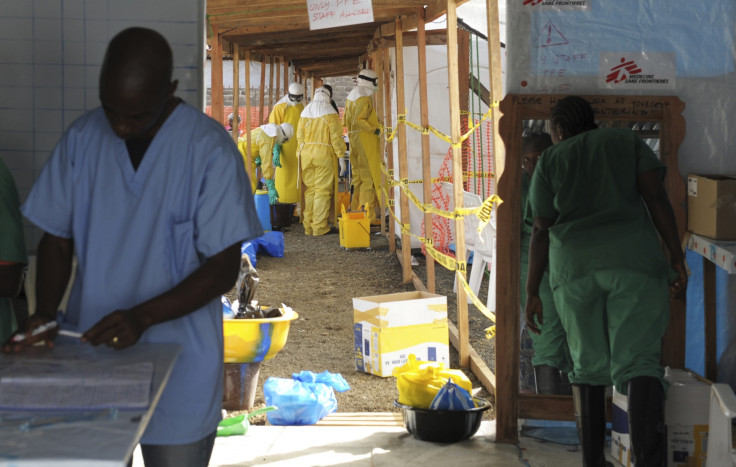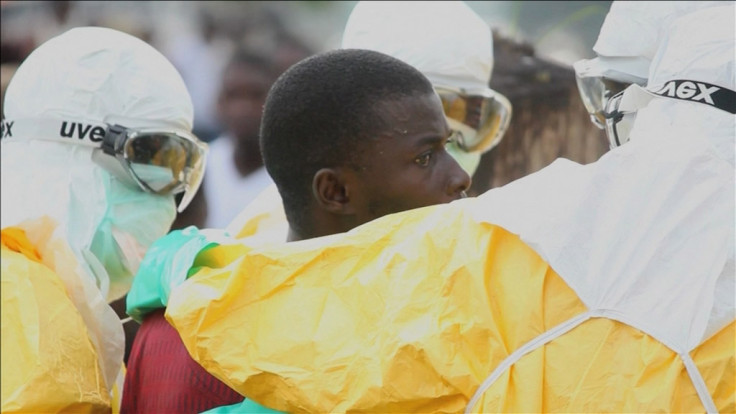Ebola: WHO Warns of Catastrophe, Revises Funds Estimate to Over £600m

It will cost nearly £614m pounds to prevent the Ebola outbreak from turning into a human catastrophe, warned the WHO on Tuesday. The estimate has been revised by ten times since last month.
With cases spiralling, the WHO said that it could start doubling every three weeks in West Africa.
The window of opportunity is fast closing, Dr Joanne Liu, president of Doctors Without Borders told a UN special briefing, reports AP.

Half of the nearly 5,000 cases occurred in the last three weeks, and it is no more unthinkable that 20,000 could become infected before the outbreak is over, said officials.
At least 2,400 deaths have been registered since the outbreak was first recognised in March with most of the deaths in Liberia, Sierra Leone and Guinea.
More funds, more equipment and most important, more personnel on the ground are required right now.
There is a requirement for over 3 million hazard suits to protect caretakers, and almost 24 million dollars will be needed to bury the dead.
Even as US President Barack Obama has announced the deployment of 3,000 US military personnel to help provide aid in the region, help from more countries will be needed, said experts.
Mathematical Model On Ebola Breaks Down
A mathematical model that could successfully predict the earlier outbreaks has been foxed by the present outbreak, leading to its developer Dr Thomas House, of the University of Warwick's Mathematics Institute to conclude that it's best not to be complacent but to mobilise resources to combat the disease.
Chance events, Dr House argues, are an essential factor in the spread of Ebola and many other contagious diseases. And the model had factored these chance events - the initial number of people and the level of infectiousness once an epidemic is underway - to predict earlier outbreaks.
The current outbreak, according to Dr House is not being influenced by chance elements as much as something more fundamental that has changed.

© Copyright IBTimes 2025. All rights reserved.





















